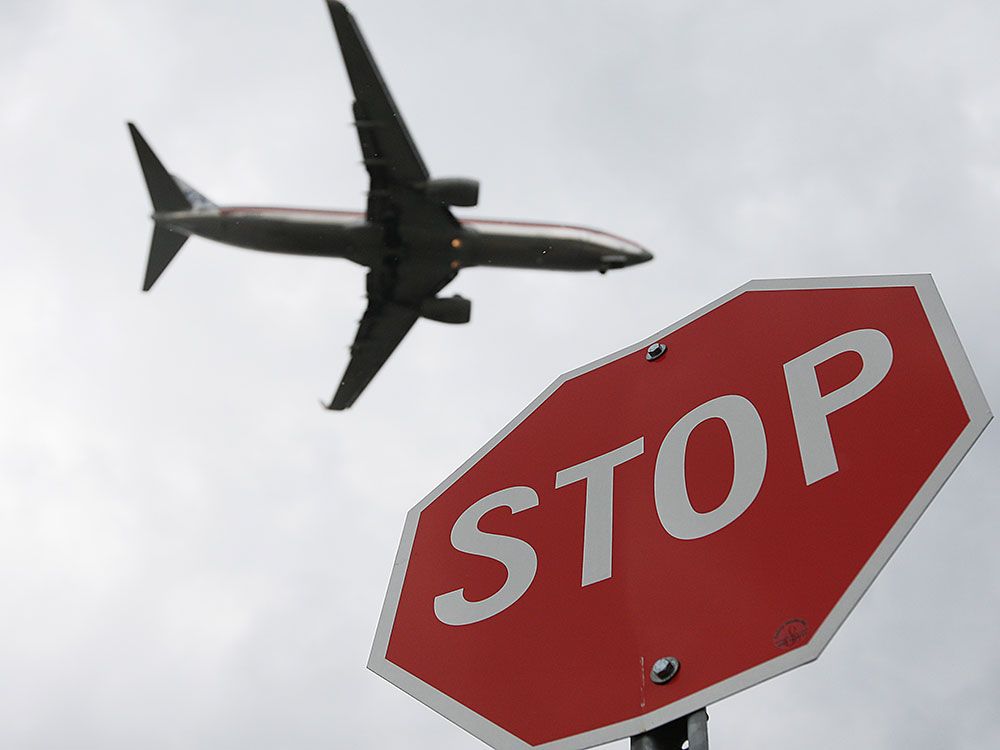Rogers has its work cut out for it in outage aftermath as Shaw merger deadline looms
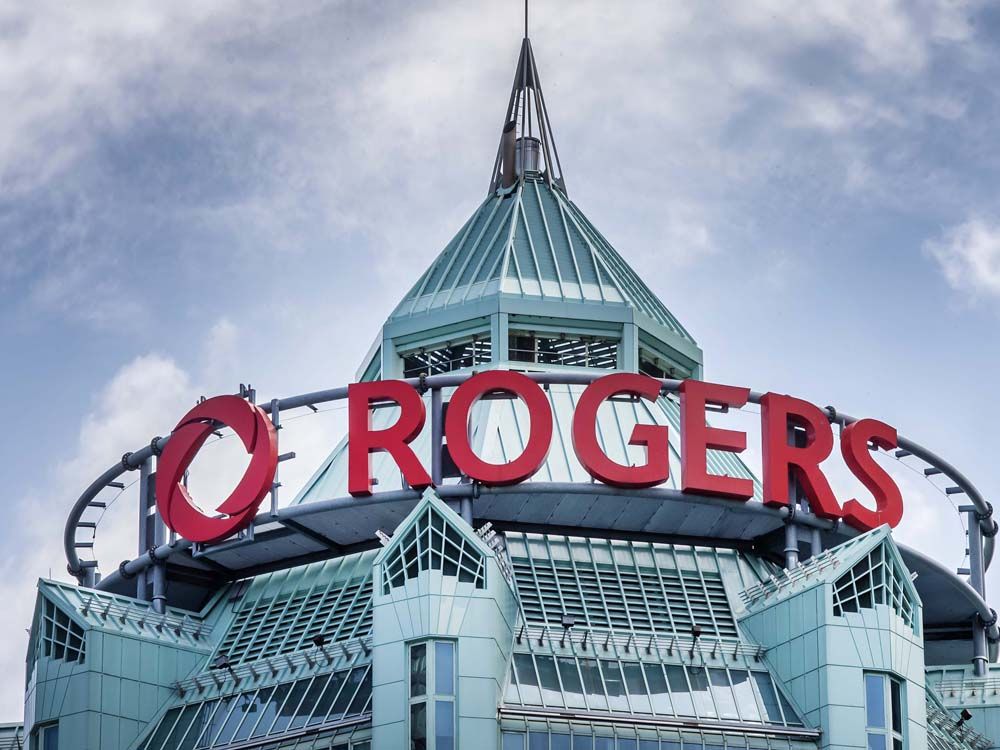
Last Friday’s massive service outage angered customers and brought intense scrutiny from regulators and politicians
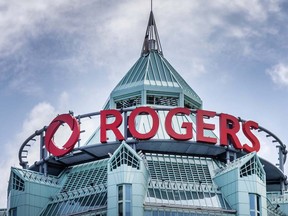
Article content
Rogers Communications Inc. is facing a daunting set of challenges as it attempts to navigate the aftermath of last Friday’s massive service outage, which has angered customers and brought intense scrutiny from regulators and politicians just as a July 31 deadline to complete its $26-billion merger with rival Shaw Communications Inc. looms.
Advertisement 2
Story continues below
Article content
The telecom companies faced one deadline on Friday, to complete the $2.85 billion sale of Shaw’s Freedom Mobile to Quebecor Inc., a transaction announced in June that is intended to assuage the Competition Bureau’s objection to the merger.
“Negotiation of the definitive transaction documents is progressing as expected, and the parties will provide an update in due course,” a Rogers spokesperson said in an emailed statement Friday morning.
The House of Commons standing committee on Industry and Technology also met Friday to discuss whether it will undertake a full a study on the Rogers outage, a special meeting convening during the summer parliamentary break. Rogers said it was “wholly committed” to working with the government to improve network resilience.
Advertisement 3
Story continues below
Article content
“We understand the significant disruption and frustration our outage caused Canadians, and we will make every change and investment needed to help ensure it does not happen again,” the spokesperson said.
On top of a 60-day deadline to hammer out a mutual assistance regime with fellow telecoms, Rogers has another week to get answers to the Canadian Radio-television and Telecommunications Commission about what happened and what it must do to avoid a repeat of the outage, which left ten million customers without wireless or wireline service for much of the day and disrupted payments systems and 911 call service.
Richard Leblanc, a professor of governance, law and ethics at York University, said the fallout could be serious, both in terms of damage to the company’s reputation and, if regulators pursue structural changes in the telecom space, its business.
Advertisement 4
Story continues below
Article content

He said the situation is critical enough to call for a statement from company chair and controlling shareholder Edward Rogers, particularly in light of divisive boardroom and family fight that played out publicly last year and led to a court showdown.
“This messaging, which should be sincere, authentic and apologetic without reservation, would go a long way to begin to restore faith and confidence in the company,” Leblanc said. “There should be a public commitment to enhance governance, strengthen crisis management, provide adequate compensation for customers, and work to regain customer trust.”
Veteran telecommunication consultant Mark Goldberg said the intense regulatory and government scrutiny, which comes amid the competition watchdog’s challenge of the Shaw merger and an ongoing push by the federal government to increase competition and lower consumer prices in wireless services, reminds him of a quote from a former senior telecom executive about the power of Ottawa in the highly regulated telecommunications business.
Advertisement 5
Story continues below
Article content
“Nothing changes the profitability of a telecom company faster than the stroke of a pen in Ottawa,” he said.
Among the issues concerning authorities in the wake of last week’s widespread network outage is Rogers’ role in facilitating 911 calls and emergency alerts.
In a letter dated July 12 to Ted Woodhead, Rogers’ senior vice-president of regulatory affairs, the executive director of the telecommunications sector at the CRTC, Fiona Gilfillan, said the regulator needs to know whether the outage impacted 911 networks themselves or only the networks from which calls originated.
The former would be a bigger concern, “in light of resiliency and redundancy obligations imposed by the Commission,” she said.
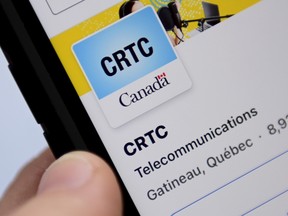
Rogers has until July 22 to tell the CRTC how many 911 calls could not be completed as a result of the service interruptions, broken down by province and platform, and how Rogers prioritized the restoration of alerting capabilities on its network.
Advertisement 6
Story continues below
Article content
In addition, the regulator wants to know the number of public alerts sent that did not reach Rogers’ customers, how 911 calls were processed during the outage and whether they were able to be processed by other wireless networks within the same coverage area.
In a separate line of inquiry, Rogers must tell the regulator how it arrived at the level of compensation it is planning for customers — the equivalent of five days of service. The regulator also questioned whether there will be a distinction between residential and business customers, and how other parties affected such as telecommunications service re-sellers and their customers would be compensated.
“Events of this magnitude paralyzing sectors of our country’s economy and jeopardizing the safety of millions of Canadians for several hours or days are simply unacceptable, and telecommunications service providers such as Rogers should have mitigation strategies in place to address such possibilities,” Gilfillan wrote in the letter, which was also sent to Rogers’ CEO Tony Staffieri.
Advertisement 7
Story continues below
Article content
“As an initial step, comprehensive information is required in order for the Commission and Canadians to understand what happened leading up to, during, and in the aftermath of this national service outage. Just as importantly, it is essential that we understand what is being done to prevent further outages.”
While some information could be designated confidential, Gilfillan directed Rogers to “disclose information on the public record to the maximum extent possible,” given the “immense public interest in understanding what happened.”
Telecom analysts had expected the initial costs to Rogers to be in the neighbourhood of $65 million to $75 million, but that was based on two days’ compensation, rather than five. The analysts also expect some customers “churn” as consumers frustrated by the outage at Rogers switch to other service providers, while others who get multiple services from a single provider choose to unbundle some of them to prevent the full loss of connectivity they experienced last Friday.
Advertisement 8
Story continues below
Article content
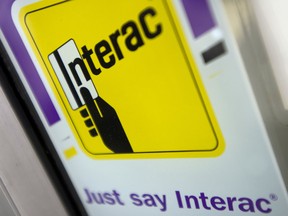
Interac Corp., which manages several networks that power a large share of electronic payments and cash withdrawals across Canada, said it is planning to “add supplier diversity” after some of its operations were snarled in the outage.
Interac spokesperson Lauren Mostowyk said this would strengthen “existing network redundancy so Canadians can continue to rely on our services daily.”
The Canadian Federation of Independent Business says some small businesses lost thousands of dollars because they could not process online orders, use food delivery apps, or process debit transactions because Interac relied on the Rogers network.
Kaan Yigit, president of Toronto-based consultancy Solutions Research Group, said Rogers is facing an “uncomfortable amount of scrutiny,” even for a public company, a situation that is unlikely to change even if the month-end merger deadline is extended.
Advertisement 9
Story continues below
Article content
But while the network outage and its ramifications are likely to be considered during that process, Yigit said decision-makers will undoubtedly look more broadly and include an assessment of what blocking the deal would mean for Shaw customers.
Based on public statements, he noted that Shaw’s management and owners decided before announcing the sale to Rogers last year that continuing as a standalone company “is not an economically feasible” with the coming rollout of fifth-generation (5G) networks. As a result, Yigit said, blocking the Rogers deal would force Shaw and its customers into a period of uncertainty amid the hunt for another buyer.
“So there are no easy decisions to be made here,” he said.
• Email: [email protected] | Twitter: BatPost
Advertisement
Story continues below




